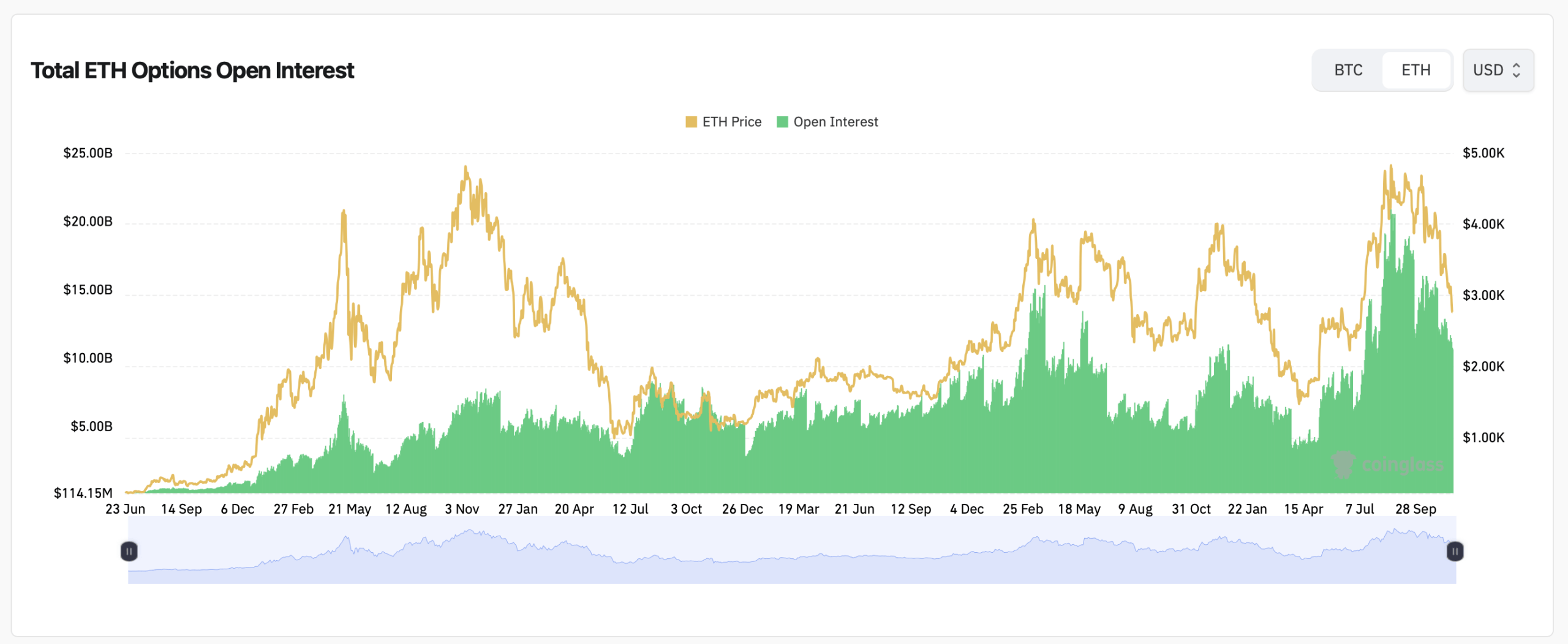BAT Offsets Zimbabwe Declines with Increased Nigerian Exports and Reduced Expenses
- British American Tobacco (BAT) shares rose 10% amid regional performance divergence and cost-cutting, despite Zimbabwe's 7% cigarette consumption decline. - Zimbabwe operations saw 22% revenue drop but turned $3M loss into $11M profit via cost discipline, while Nigeria's $300M export sales earned industry recognition. - BAT's dual strategy of cost optimization in shrinking markets and export-driven growth in high-growth regions boosted investor confidence and operational resilience. - Nigerian exports su
Shares of British American Tobacco (BAT) have sustained a 10% gain in recent sessions, supported by varying regional results and effective cost controls, even as cigarette sales in Zimbabwe dropped by 7%. This upward movement in the stock price matches analyst expectations for a significant breakout, with some forecasts indicating the possibility of a 50% increase. BAT’s capacity to counteract economic challenges in certain markets while leveraging export opportunities in others has solidified its reputation as a robust contender in the international tobacco industry.
In Zimbabwe, BAT posted a 22% decrease in revenue to $21 million for the nine months ending September 2025, largely due to shrinking disposable incomes and a transition to pricing in U.S. dollars. Despite this, the company reversed a $3 million loss to achieve an $11 million pre-tax profit, thanks to reduced foreign exchange losses and less inflationary impact. Operating expenses were cut by 66% year-over-year to $10 million, reflecting strict cost controls and more efficient distribution. BAT Zimbabwe’s chairperson, Lovemore Manatsa, highlighted the company’s emphasis on the value segment to boost sales volumes and streamline supply chains amid cash shortages and power disruptions

BAT’s two-pronged approach—managing declining markets through cost reductions while pursuing export-led expansion—has drawn investor interest. Although Zimbabwe presents ongoing difficulties, BAT’s diverse portfolio and presence in rapidly growing markets provide stability. The company’s skill in maintaining profitability in unpredictable environments while strategically growing in more stable regions has increased its attractiveness to investors seeking enduring strength.
Experts observe that BAT’s shares have outperformed broader market benchmarks in recent months, bolstered by strong cash flow and operational effectiveness. While Zimbabwe continues to face structural obstacles, BAT’s focus on value-driven segments and supply chain improvements helps reduce exposure to risk. At the same time, its Nigerian business demonstrates how BAT uses its global reach to reinforce local manufacturing, aligning with wider trends in industrial growth across emerging markets.
Disclaimer: The content of this article solely reflects the author's opinion and does not represent the platform in any capacity. This article is not intended to serve as a reference for making investment decisions.
You may also like
Anti-CZ Whale Loses $61M Profit in 10 Days on Hyperliquid
Quick Take Summary is AI generated, newsroom reviewed. The "Anti-CZ Whale" lost $61 million in profit in 10 days, suffering losses on aggressive long positions in ETH and XRP. The whale's overall realized and unrealized profit dropped from $100 million to $38.4 million. One of the whale's accounts is running 12.22x leverage on a $255 million long exposure, with alarmingly thin 95.40% margin usage. The reversal highlights the high risk and volatility in perpetual futures trading, even for successful contrar
Watch Out: Numerous Economic Developments and Altcoin Events in the New Week – Here is the Day-by-Day, Hour-by-Hour List
‘I Won’t Back Down,’ Michael Saylor Reinforces Strategy’s Bitcoin Mission
Ethereum Price Stalls as Derivatives Traders Load up for the Week Ahead
